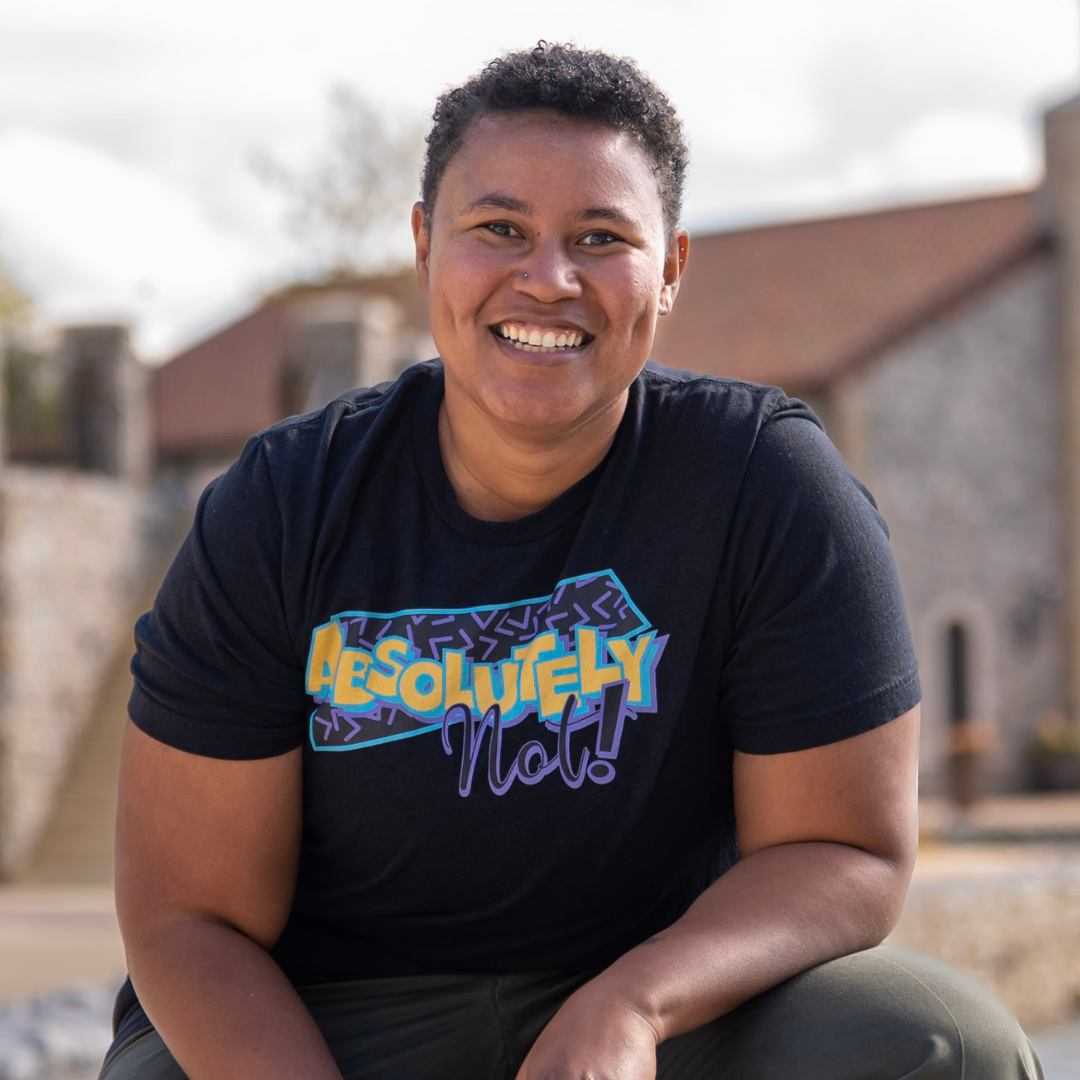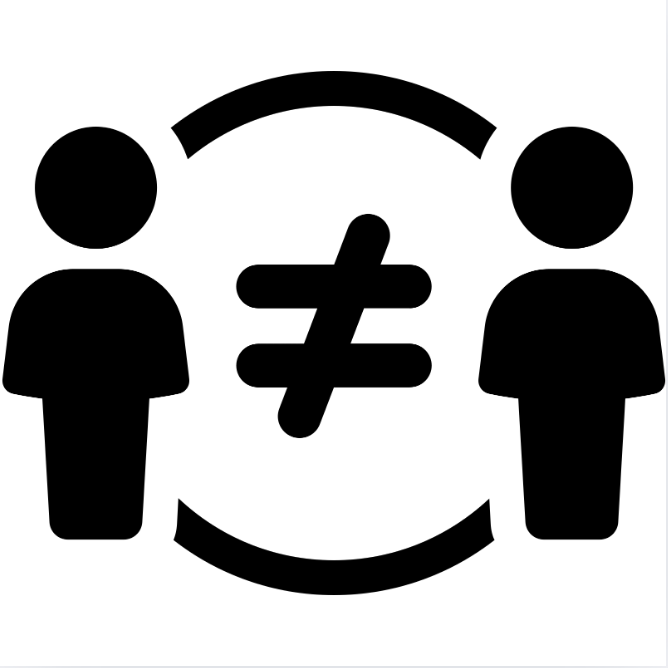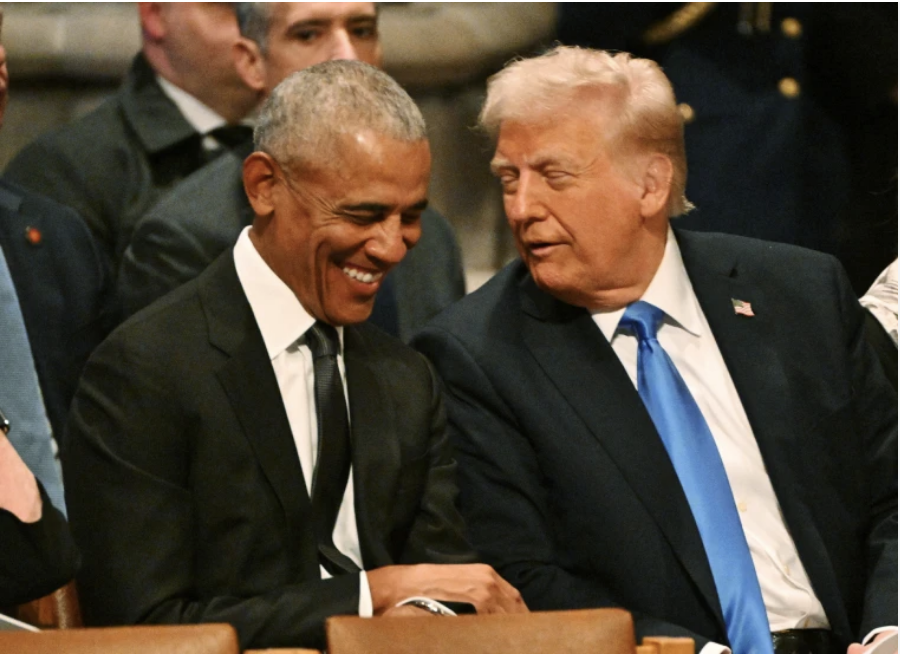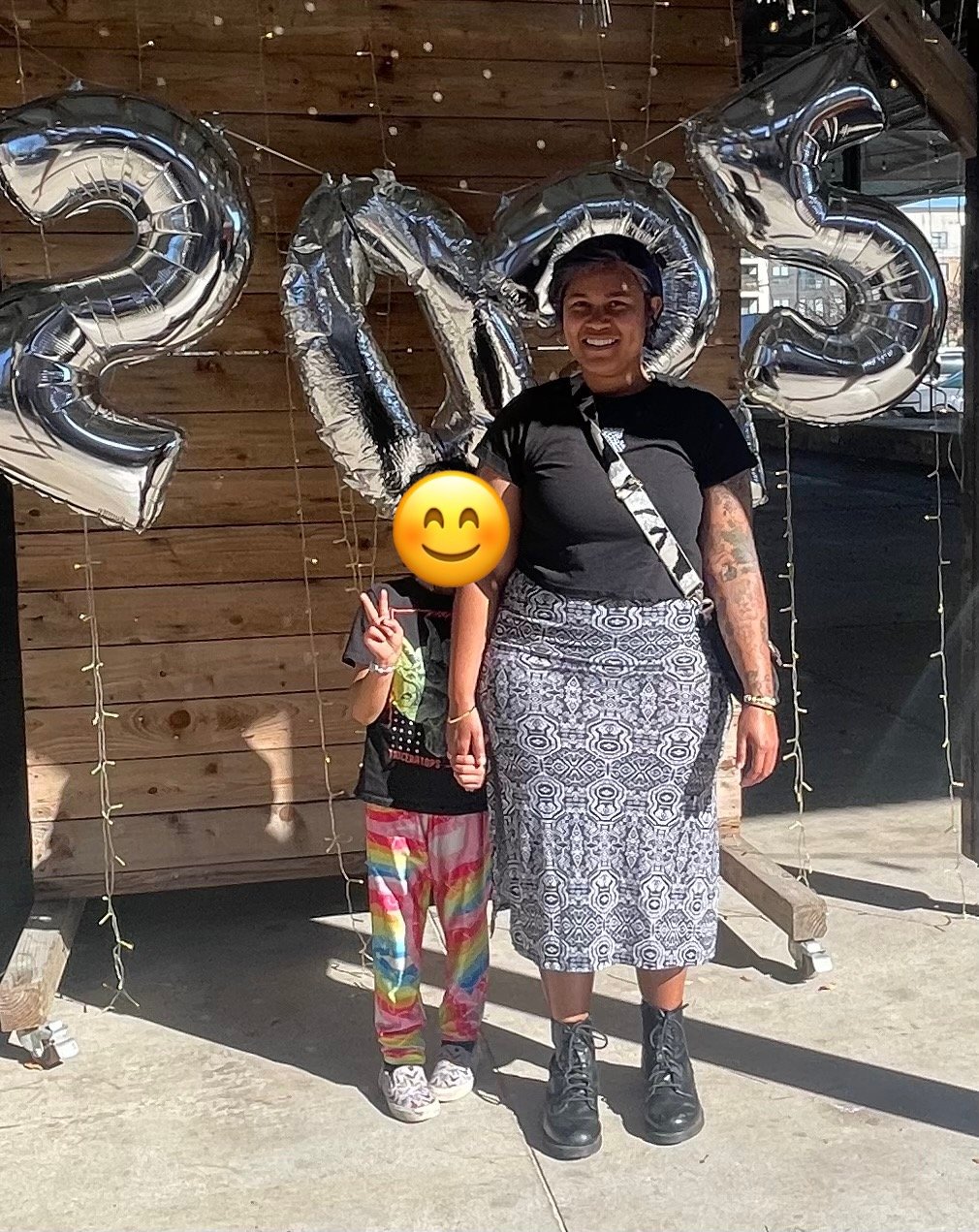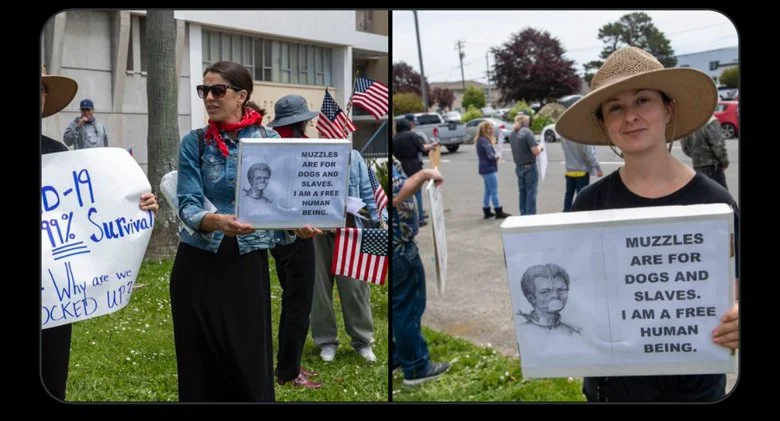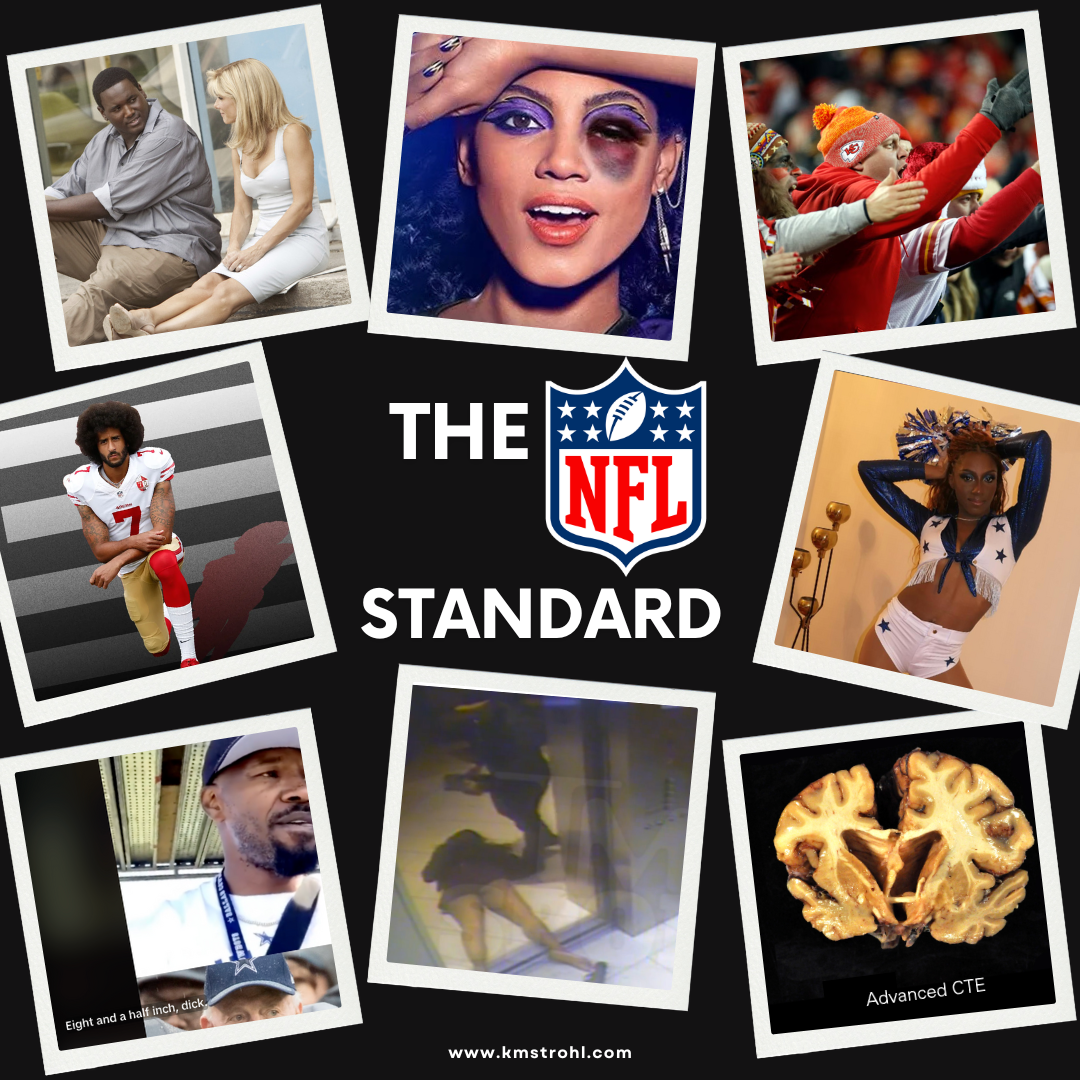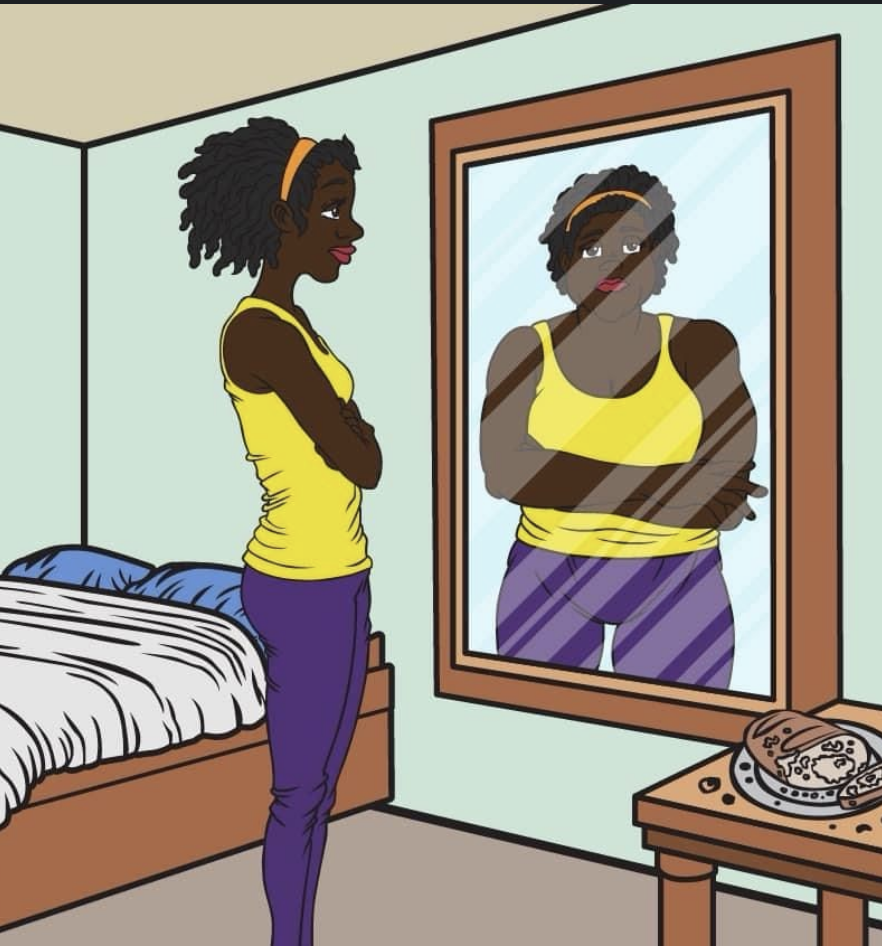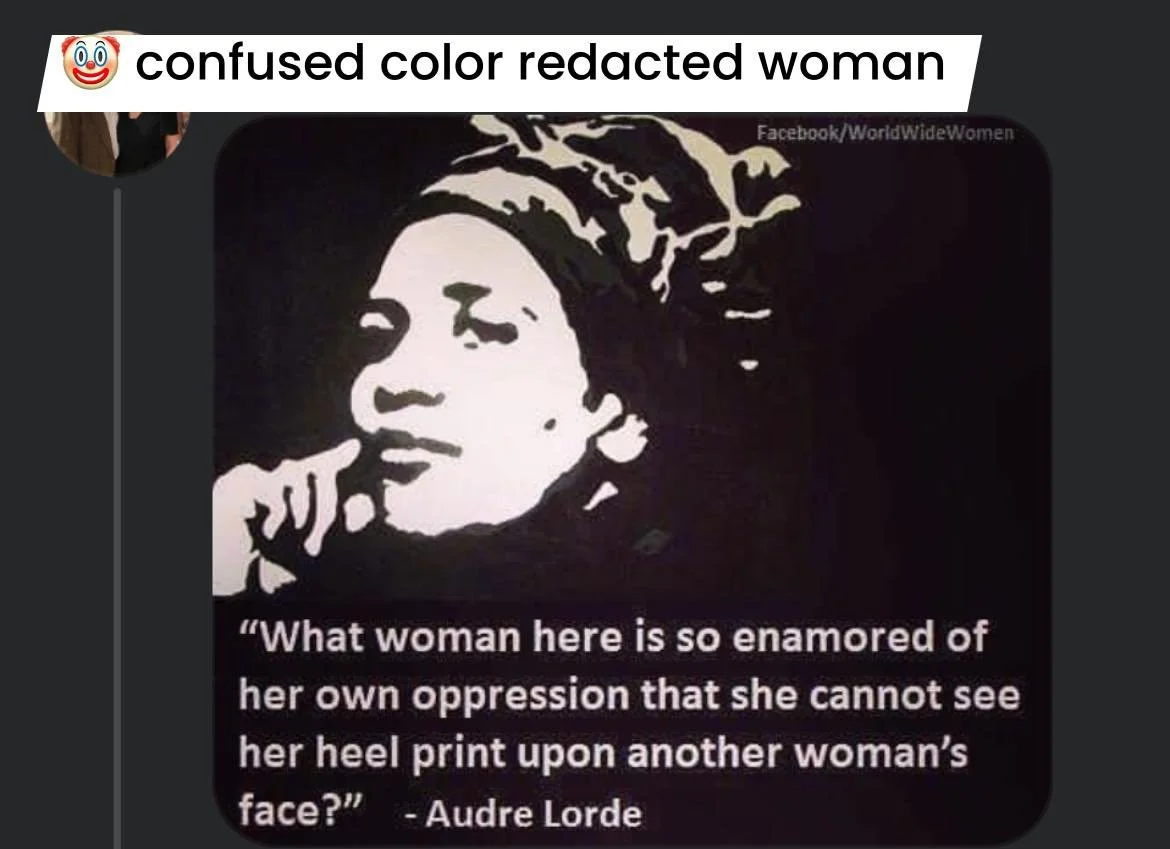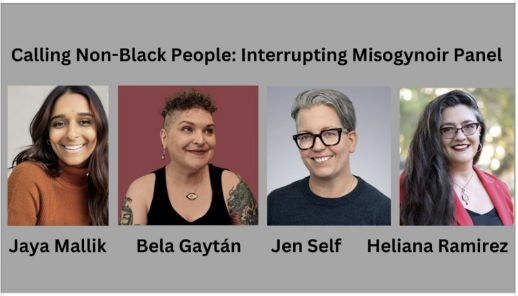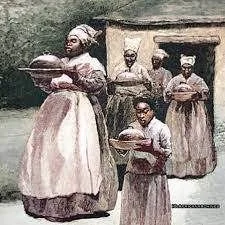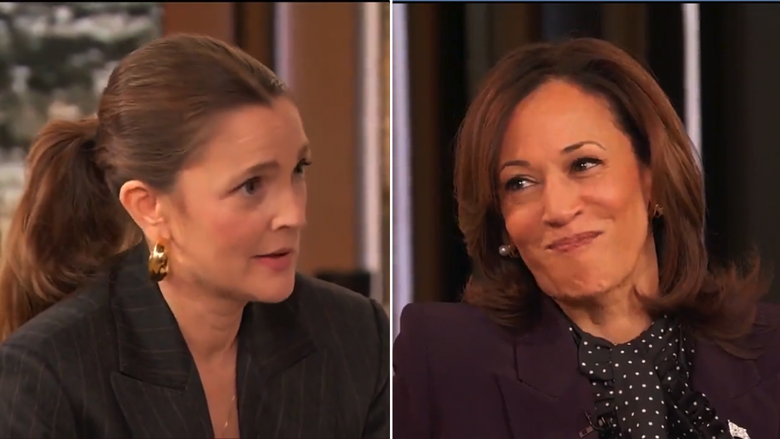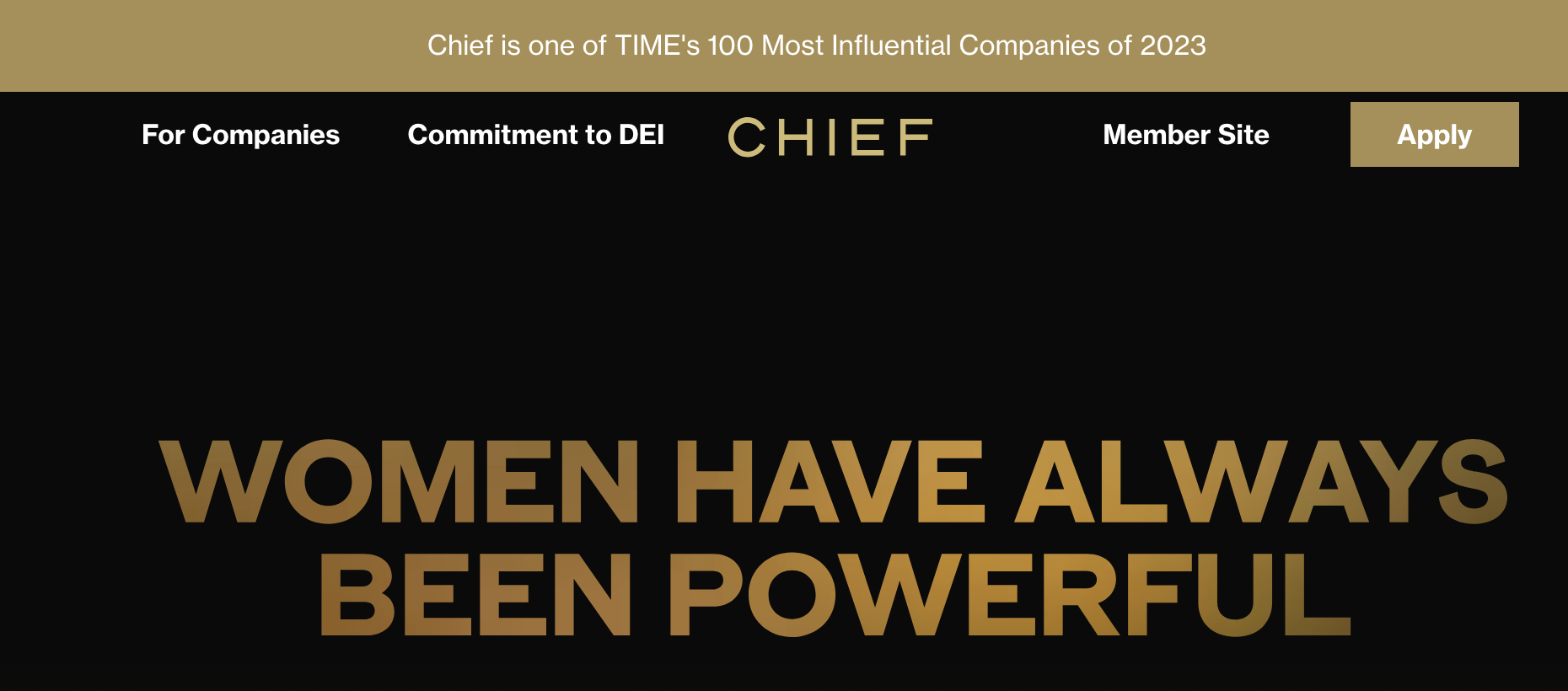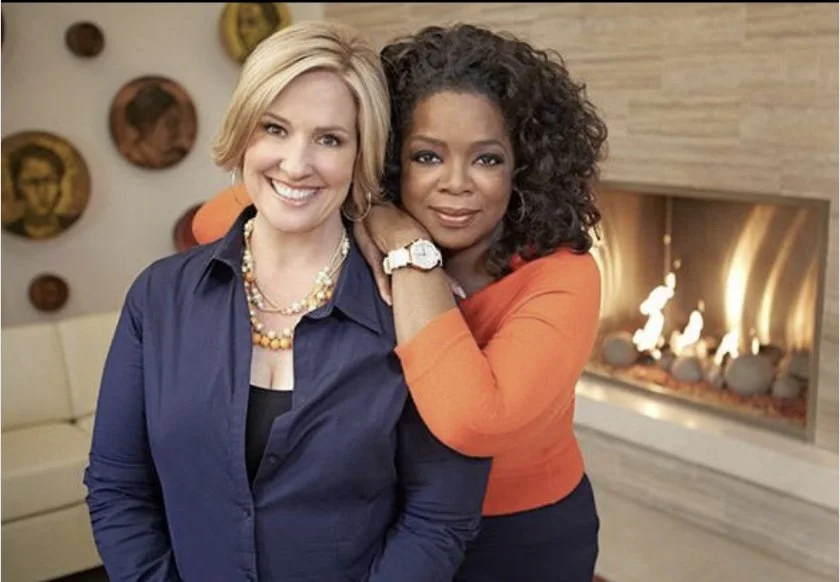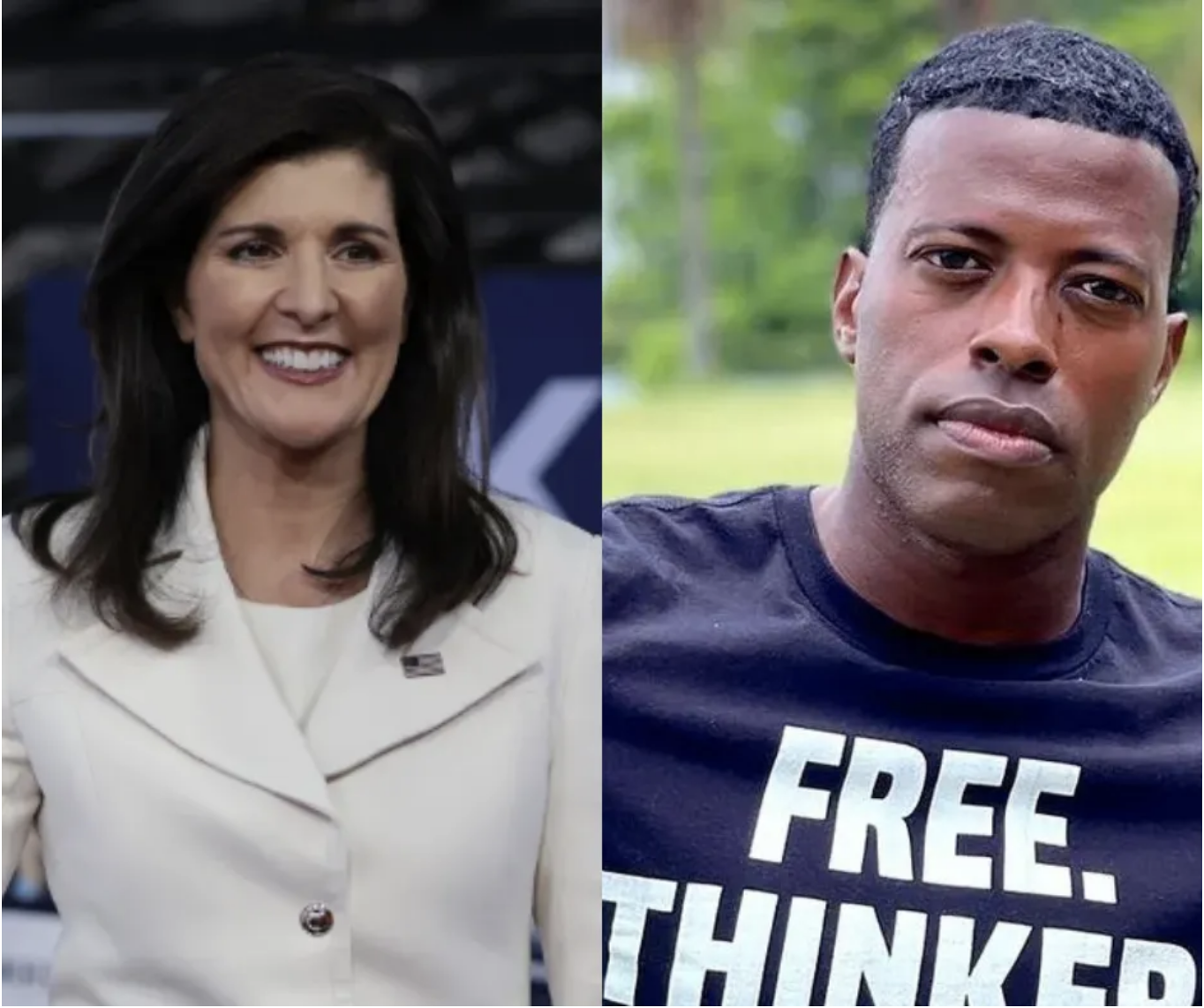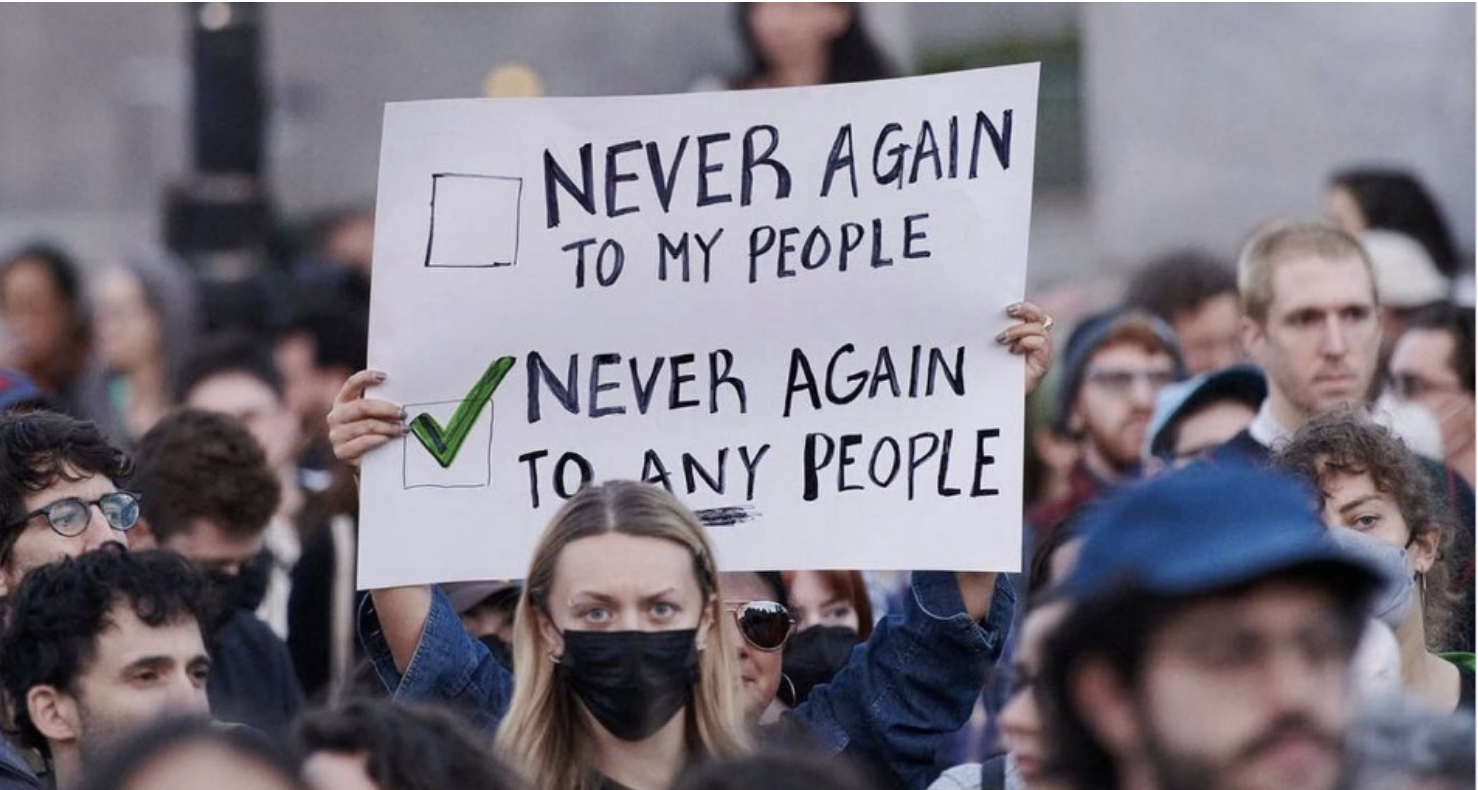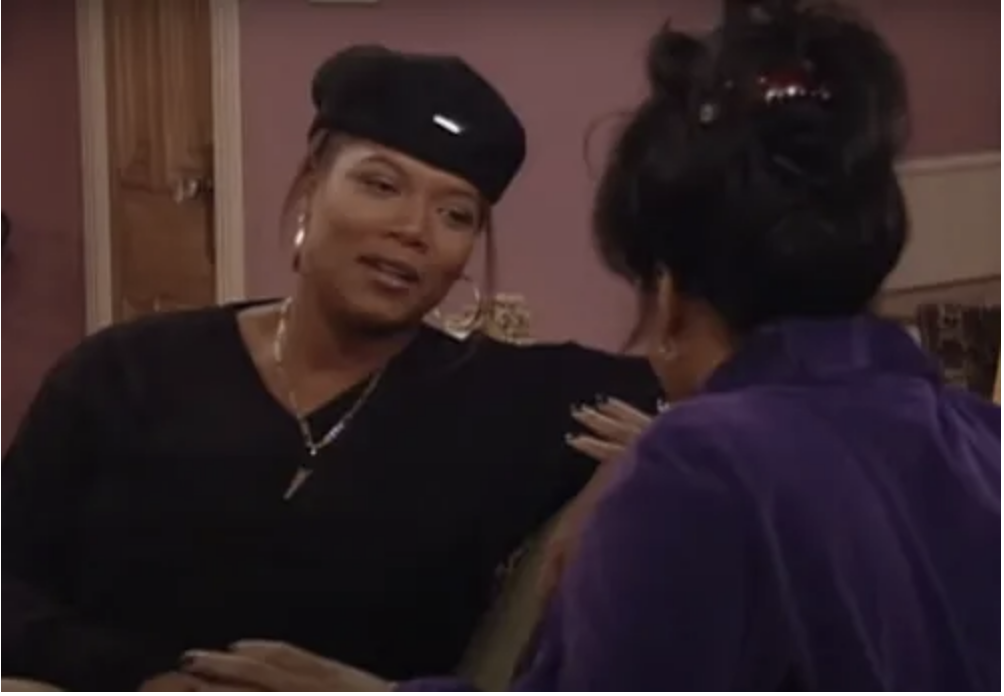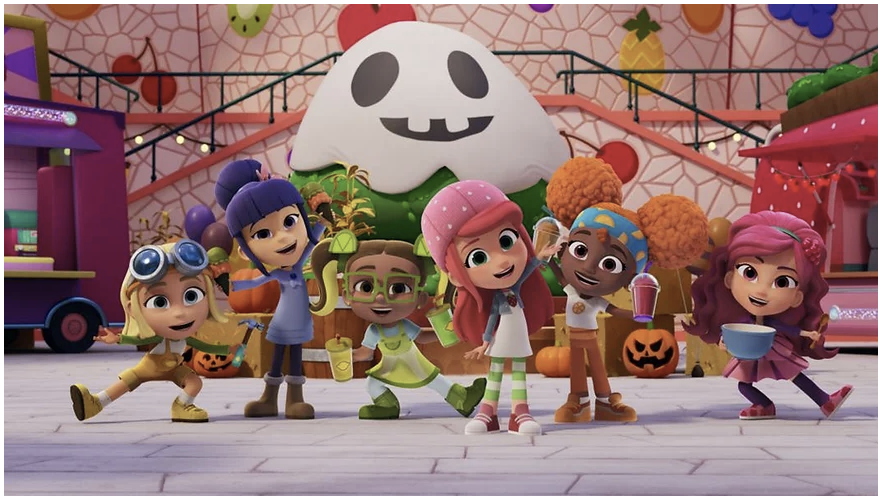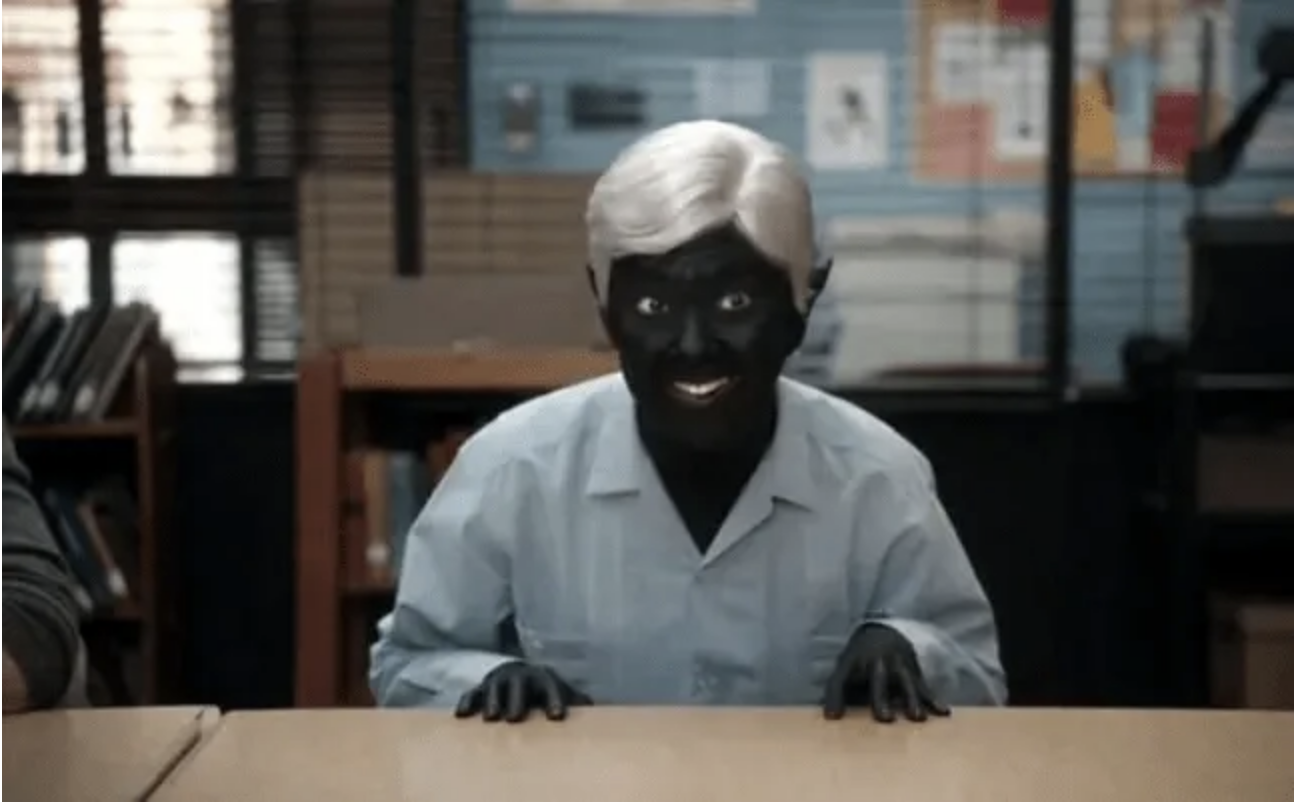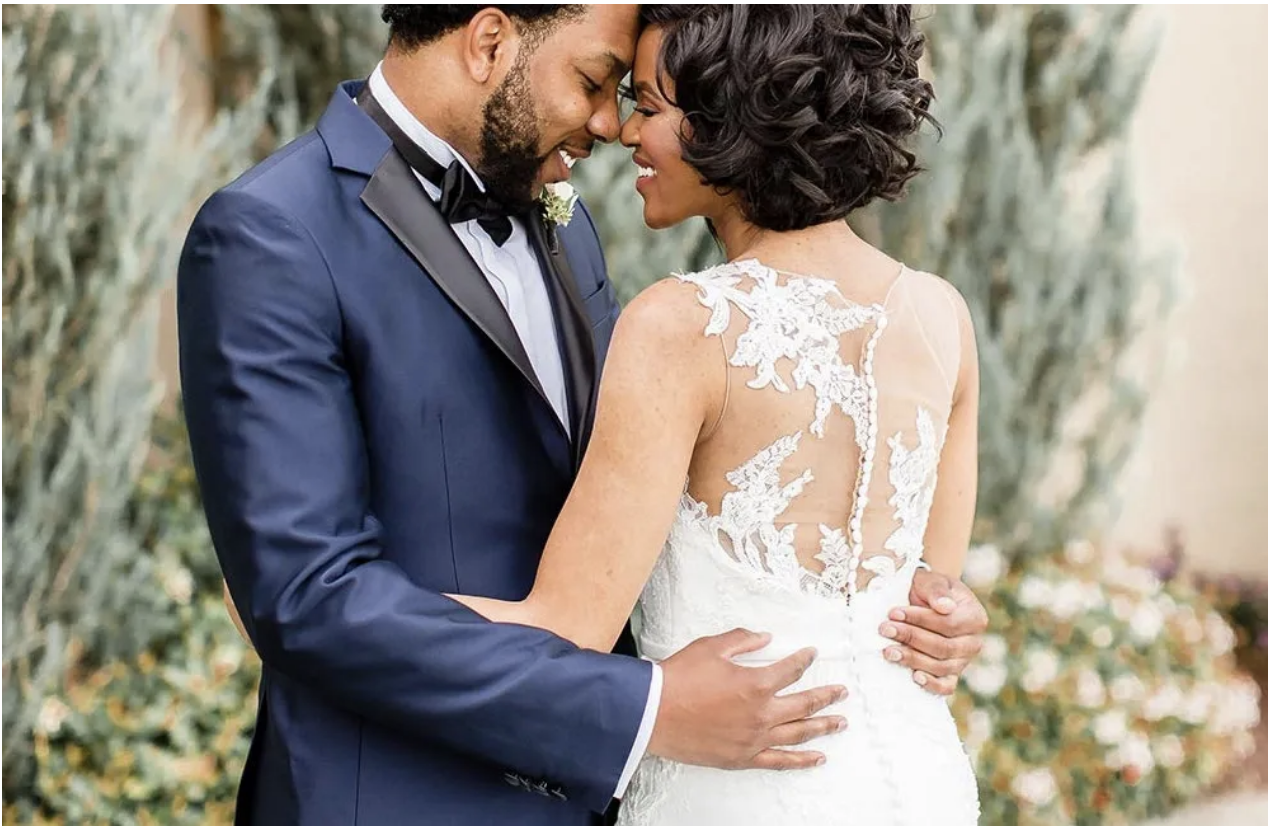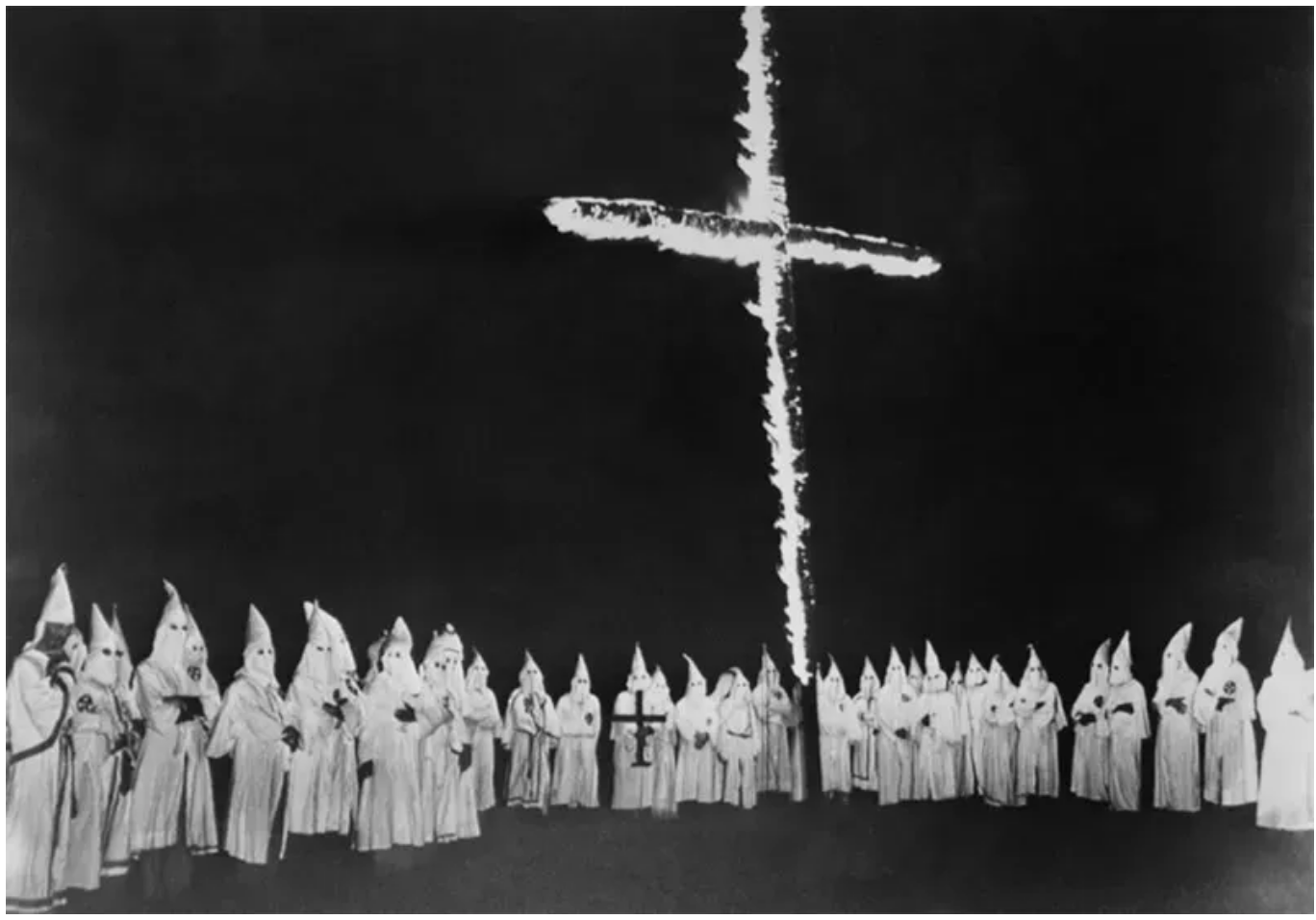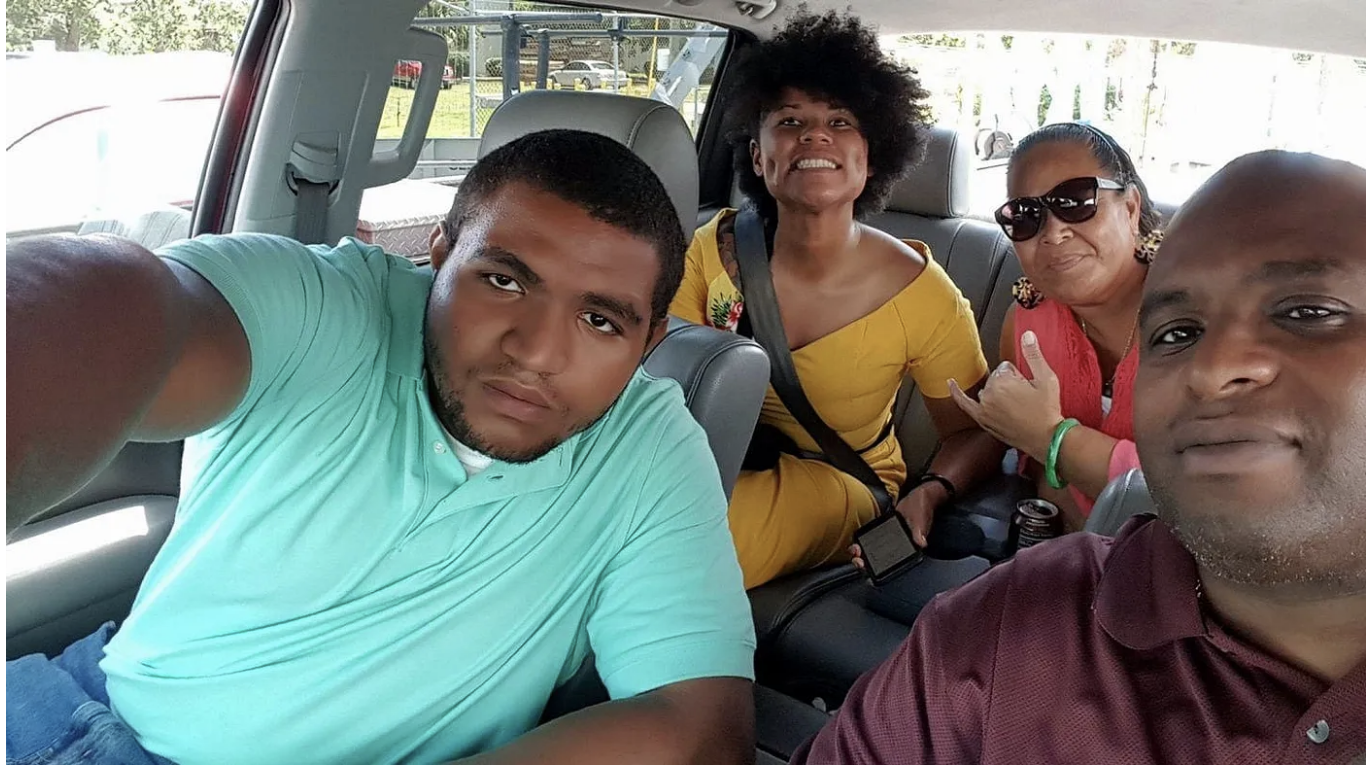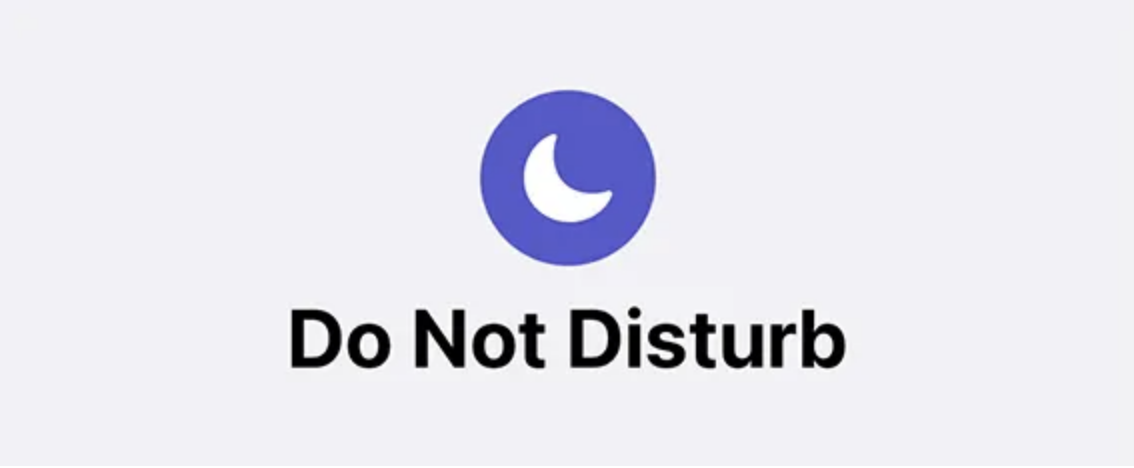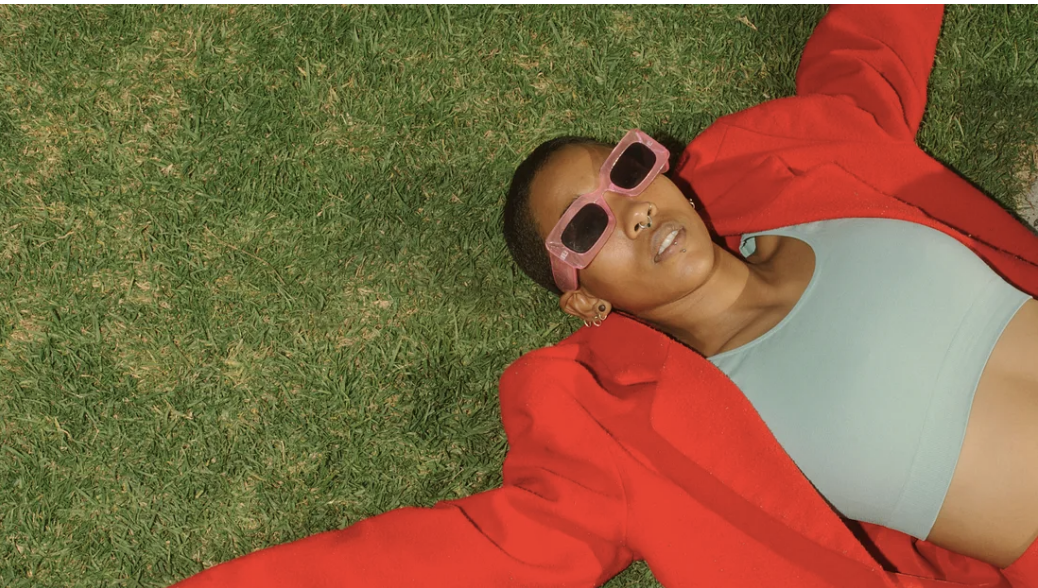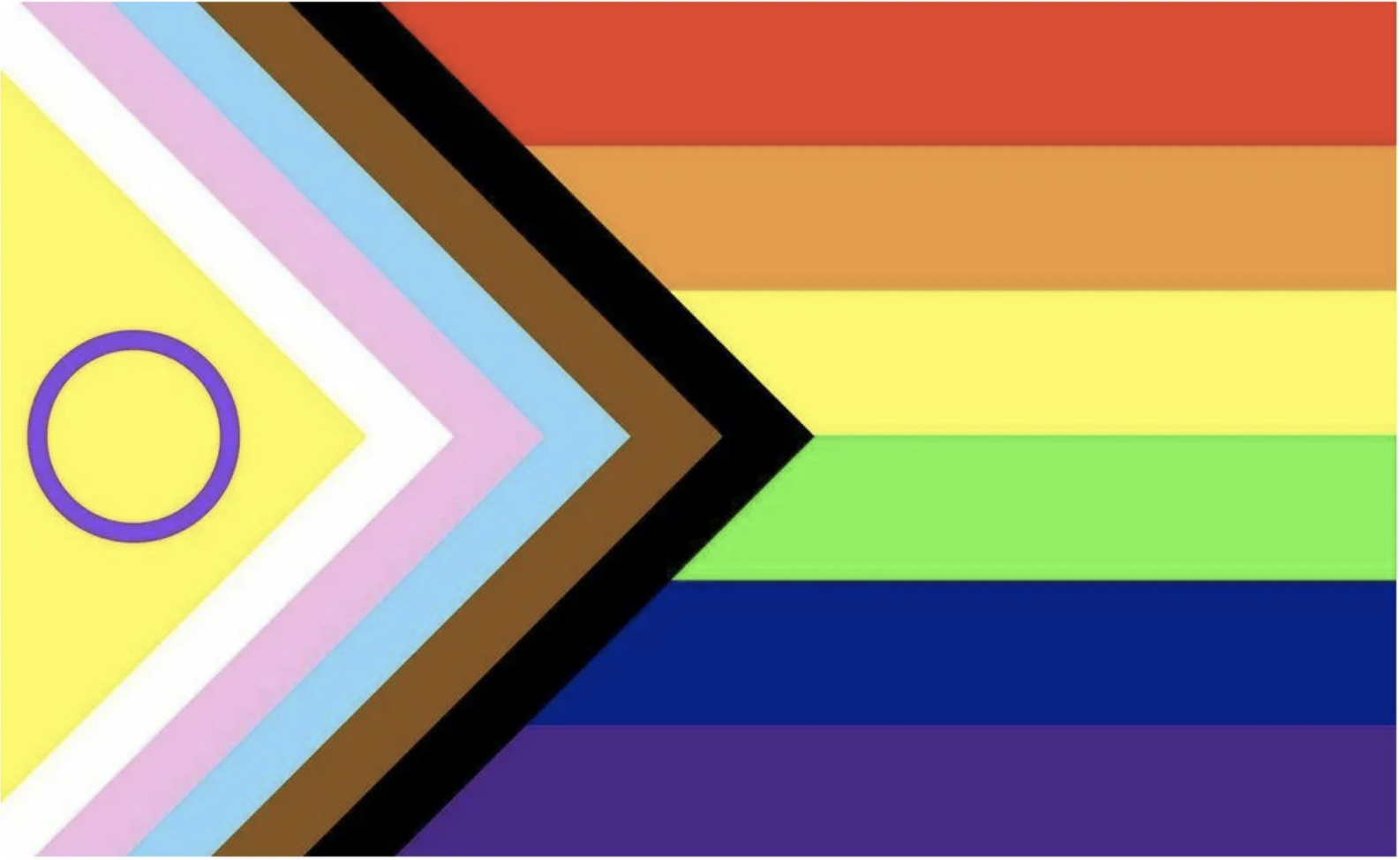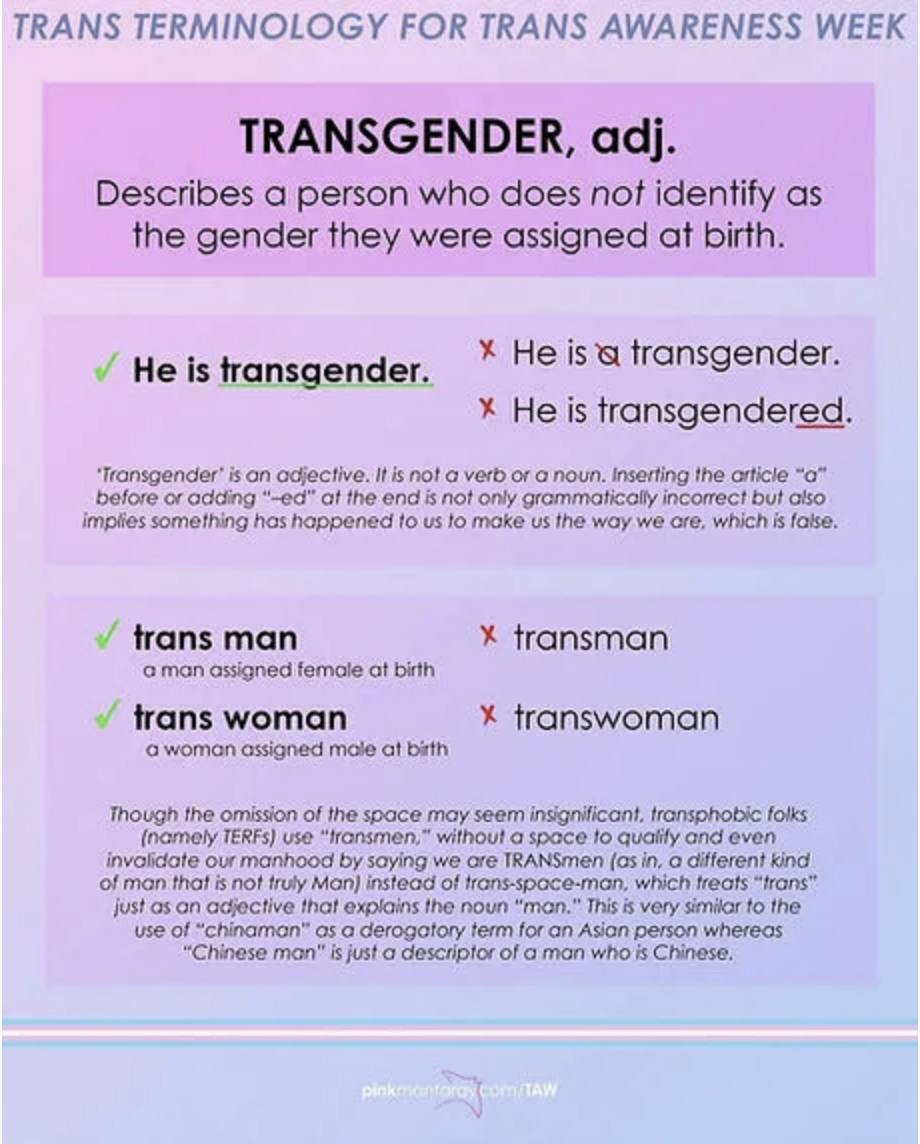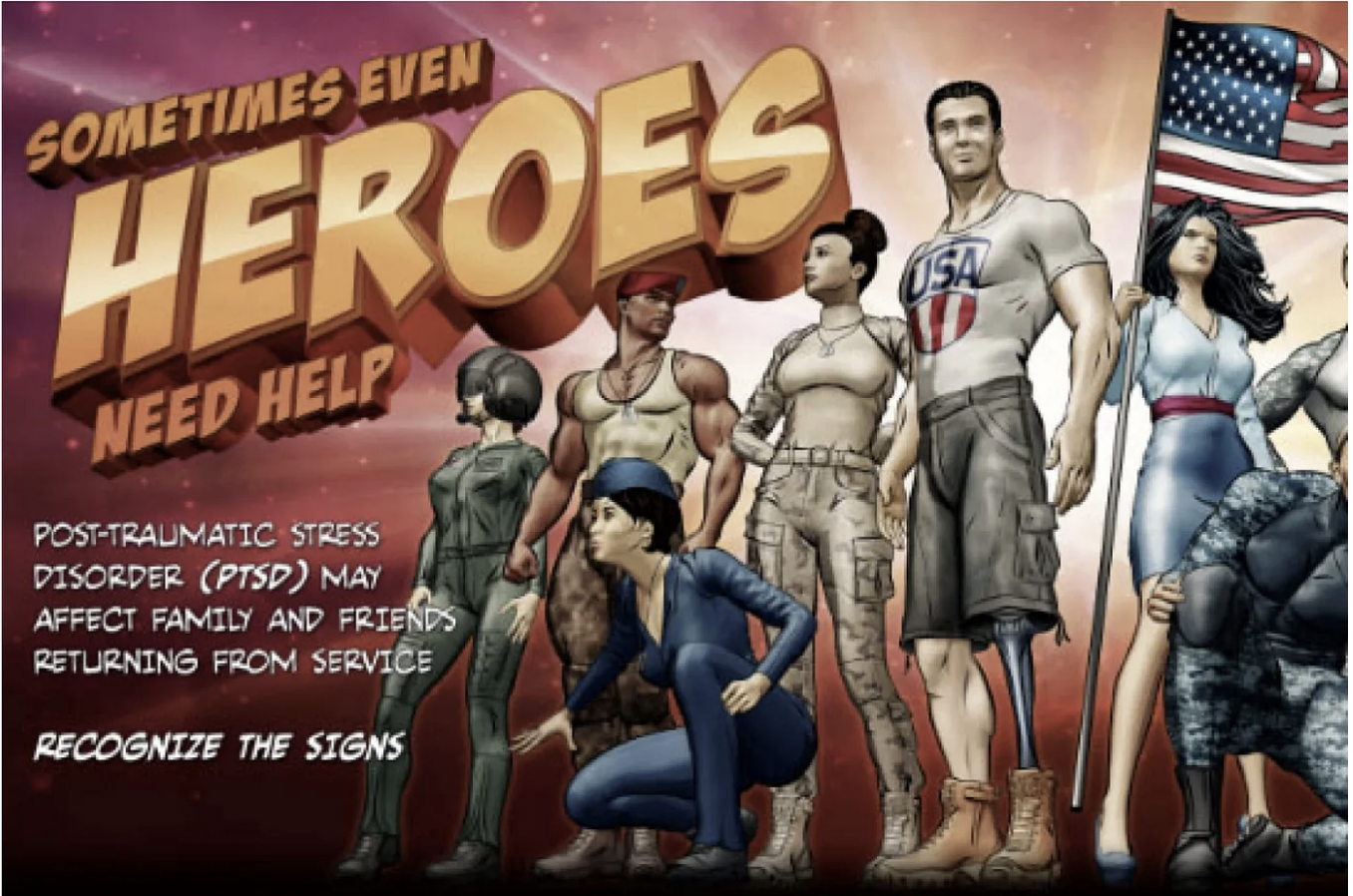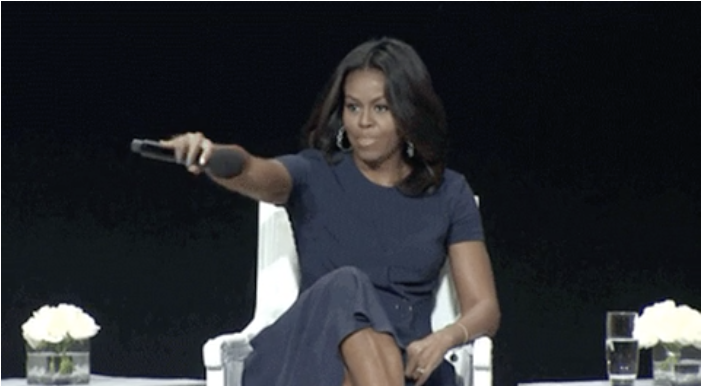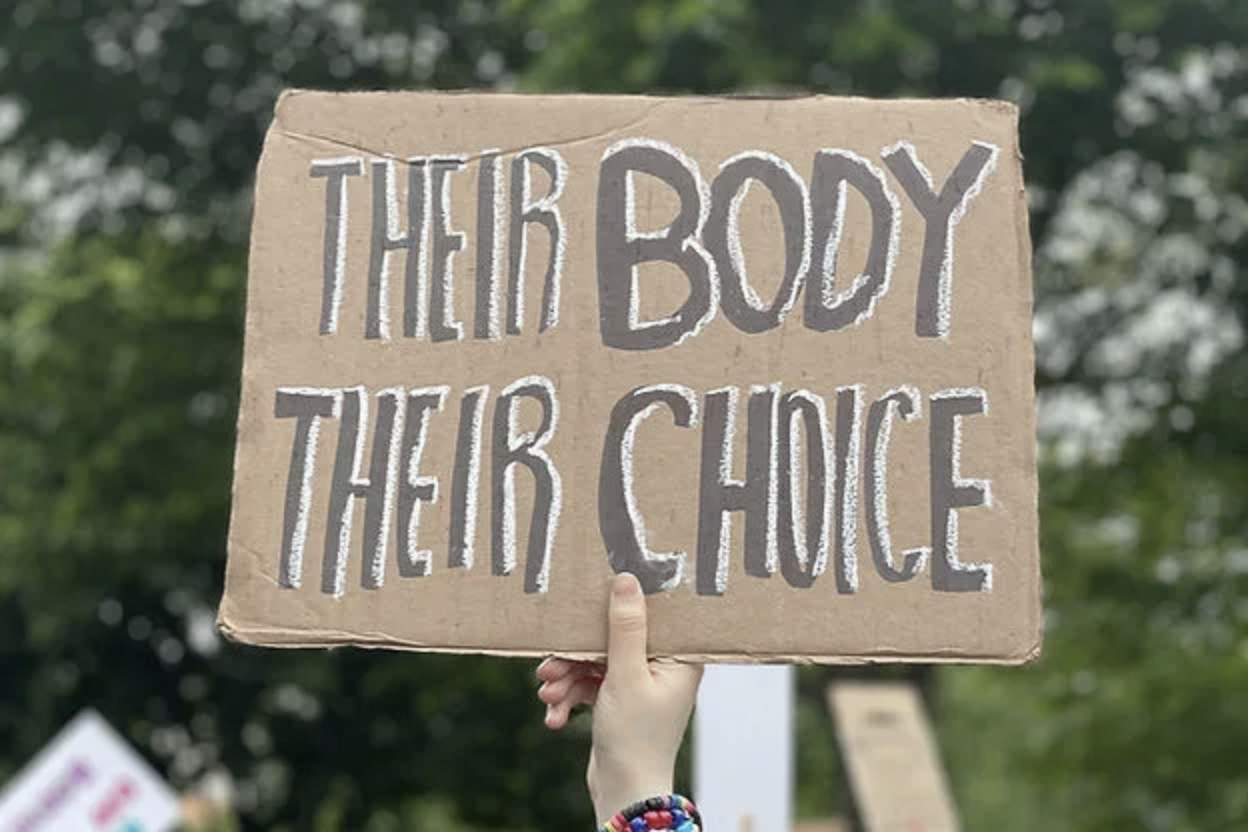K Mataōtama Strohl (They/Them)
K is an award-winning consultant, coach, writer, speaker, curator of an online community and host of two popular podcasts.

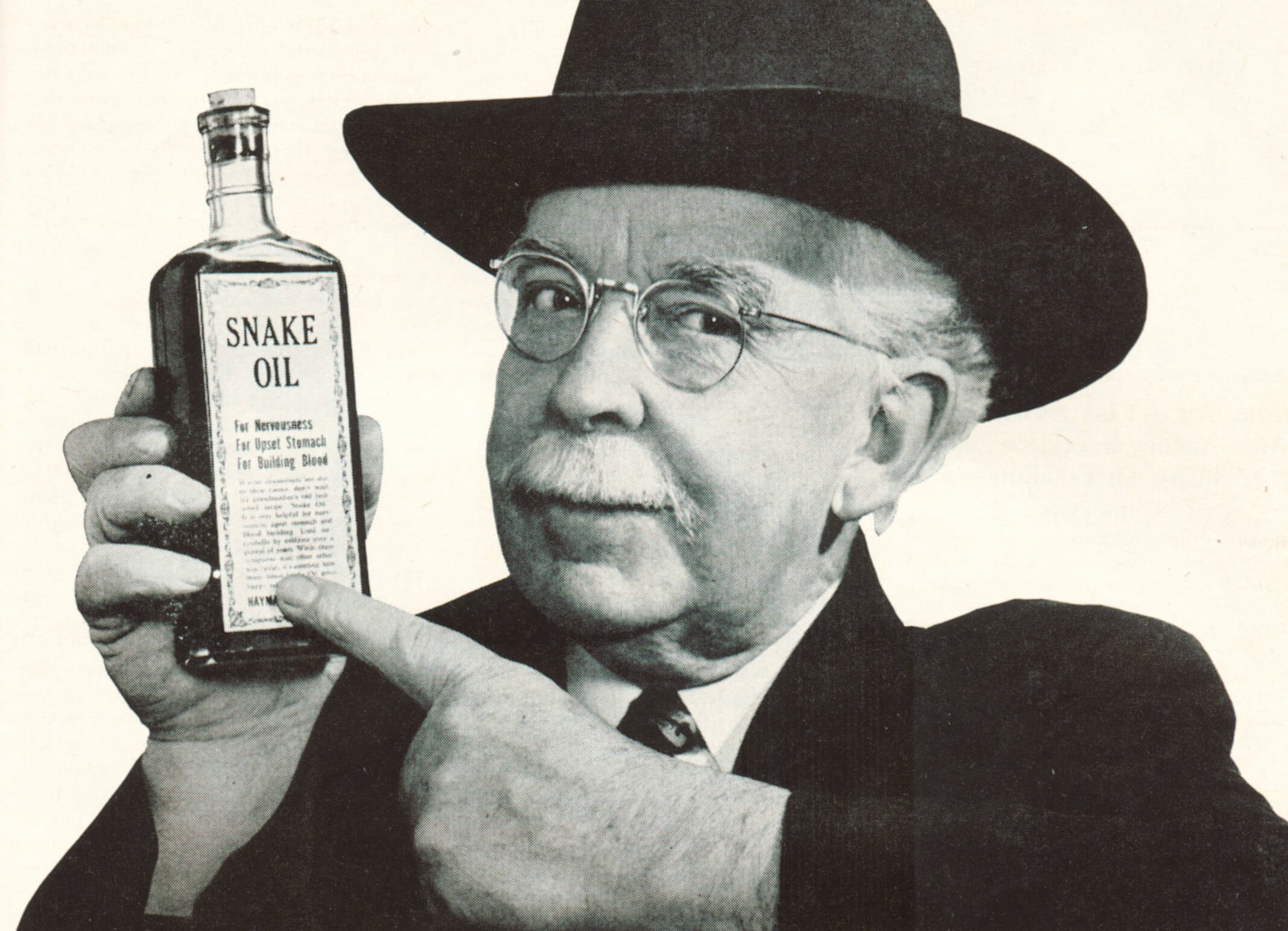
We’re Here. We’re Queer.
I have been Queer my entire life.
I never got the chance to “come out” because I’ve always been me. I shared a lot about my thoughts on “coming out” and my journey on Chris Angel (they/them) Murphy’s podcast Allyship Is A Verb. Last year, I used the word Queer for the first time publicly to describe myself because I was assumed an ally. For me Queerness is the ability to move freely outside of the boxes they’d like to put us in. It’s permission to love and be loved exactly as you are. I have been Queer my entire life!
Trans Enough
There are a lot of people who believe even if you are trans you must choose and take part in the binary in order to identify as trans. They believe people who refuse to choose should not be allowed to identify as trans until they do. There are also people who believe you should not be able to identify as trans unless you partake in Gender-Affirming Hormone Therapy (GAHT) and Gender Affirming Surgery.
The Face of PTSD
The next time someone says PTSD and your brain automatically pulls up a cis White man who is also a combat veteran , challenge it to think of anyone else. Challenge it to think of a trans person who has been disowned by their family for transitioning or a Black person who just had to watch another Black person be murdered. Think about who is defining trauma and why they are defining it this way.
Language for Birthing, Menstruation and Abortions
This language saves lives. It allows people to feel safe enough to be their full selves. It creates spaces for people to share the language they’d like used when speaking about their own individual bodies. Without similar language people like those who have been showcased in this article will feel unsafe, excluded and discouraged to speak up. Remember to always be critical of who’s being centered and to ensure you’re being as inclusive as possible with your language in order to create safer spaces for everyone to thrive in.
